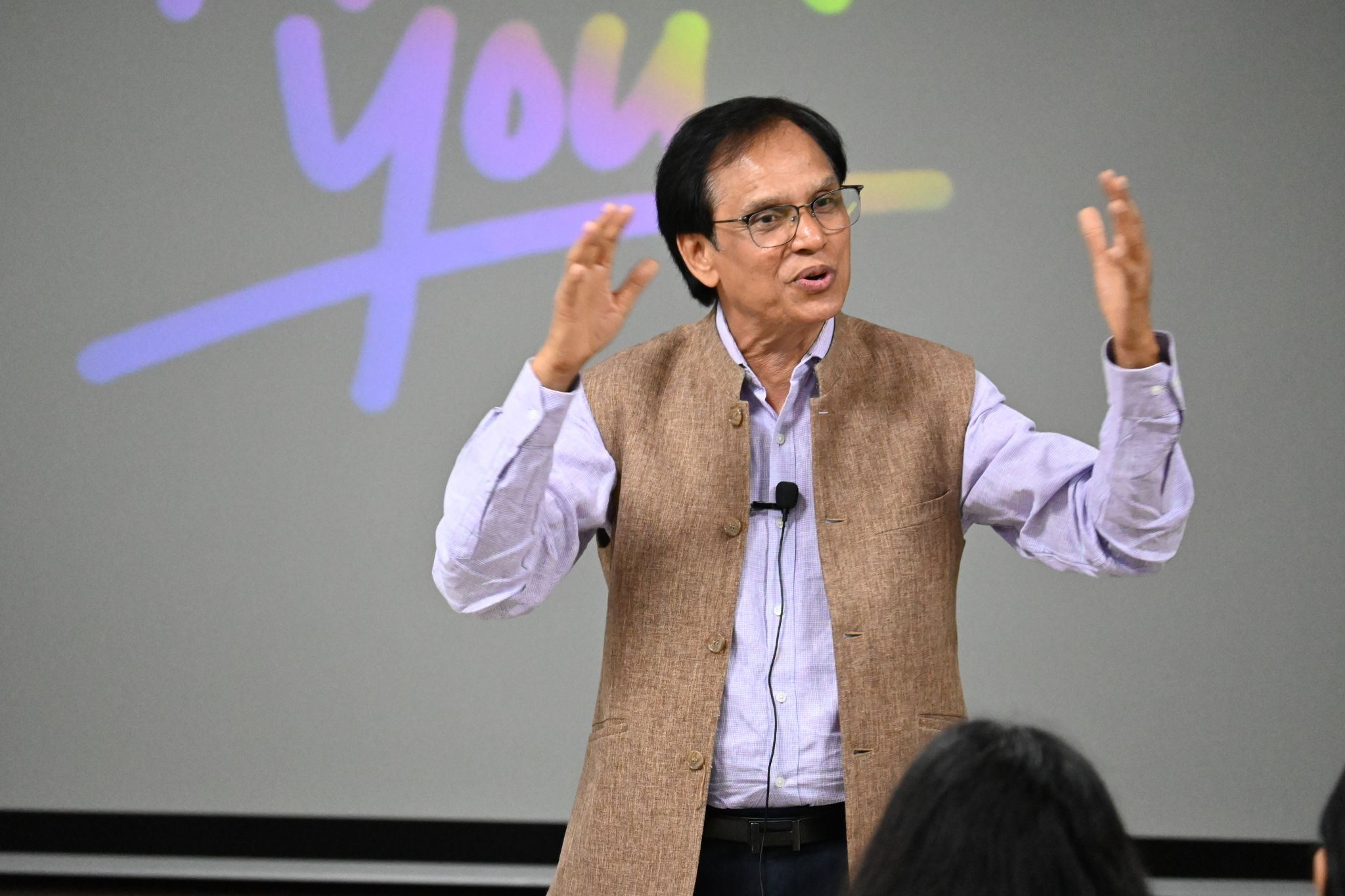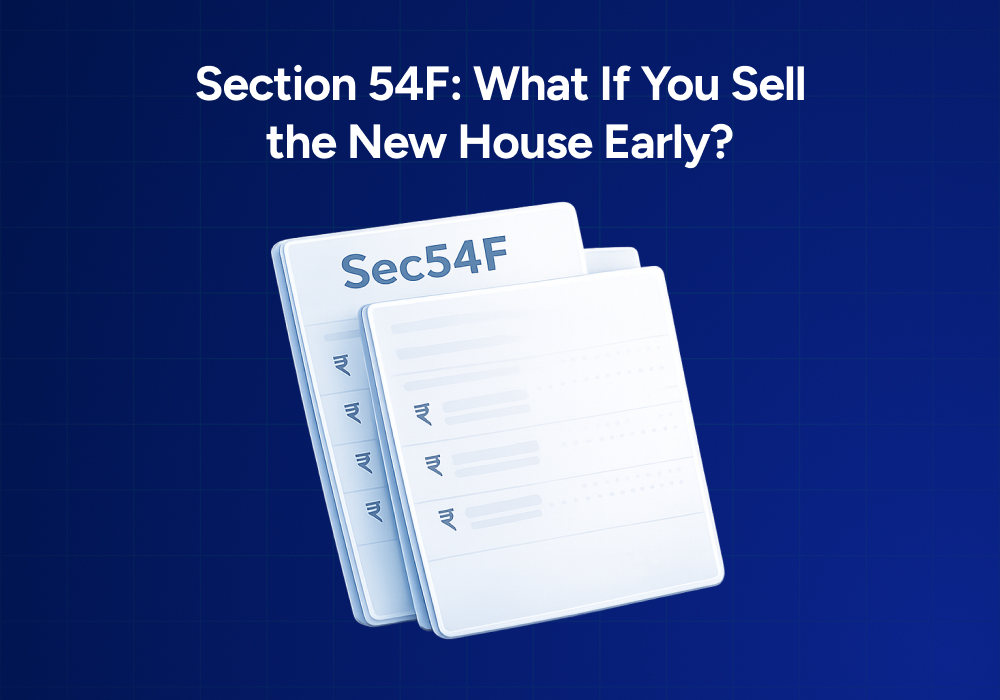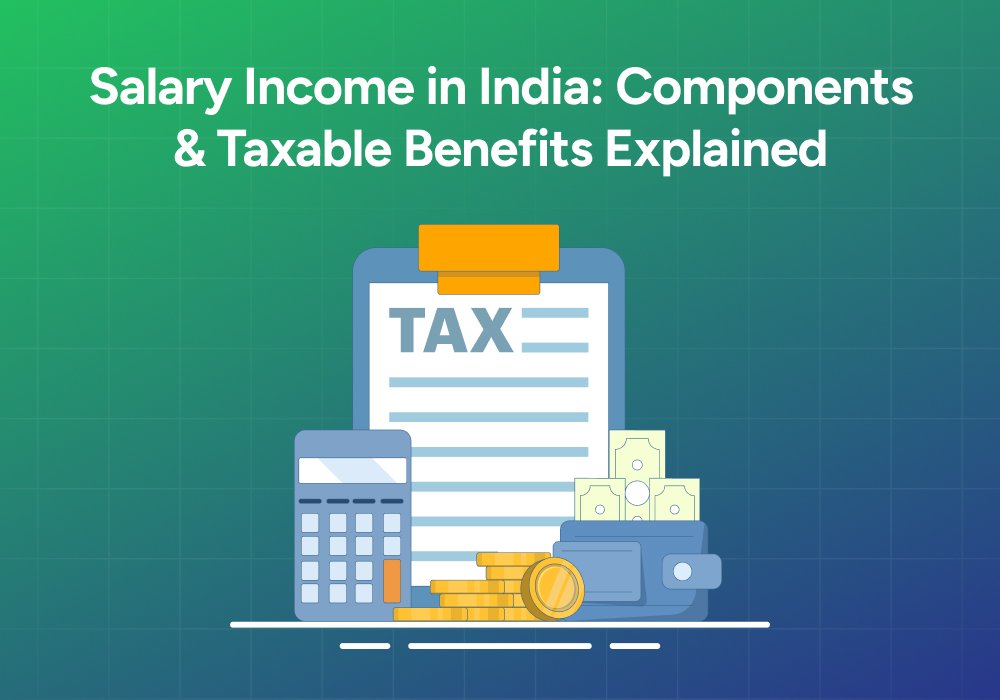Request for callback
By

.png)
Section 44ADA of the Income-tax Act, 1961 offers a simplified and streamlined tax compliance mechanism for professionals with moderate income levels. Designed to reduce the burden of bookkeeping and audits, it allows eligible taxpayers to declare income on a presumptive basis. For Assessment Years 2025–26 and 2026–27, the scheme remains an attractive option, especially after the amendments introduced by the Finance Act, 2023.
Below is a comprehensive explanation of the latest provisions and their practical implications.
Eligibility Criteria:
Eligible Entities:
Section 44ADA of the Income-tax Act is applicable to resident individuals and partnership firms (other than LLPs).
Eligible Professions:
The section covers professionals in fields such as:
- Legal
- Medical
- Engineering
- Architectural
- Accountancy
- Technical consultancy
- Interior decoration
- It also includes any other profession notified by the Central Board of Direct Taxes (CBDT).
Gross Receipts Thresholds:
- Standard Limit: ₹50 lakh.
- Enhanced Limit for Digital Transactions: The limit is increased to ₹75 lakh, provided the Cash receipts (including amounts received through non-account payee cheques or drafts) do not exceed 5% of total gross receipts.
Presumptive Income Calculation:
- Deemed Income: 50% of gross receipts is presumed to be the income of the assessee under the head "Profits and Gains of Business or Profession".
- Voluntary Declaration of Higher Income: Assessees can declare higher income if they choose, but not a lower amount unless they comply with additional requirements (see below).
Treatment of Deductions:
- No Separate Deductions Permitted: Deductions under Sections 30 to 38 (e.g., depreciation, rent, repairs, and other expenses) are deemed to have been allowed. They cannot be claimed again.
- Depreciation & WDV: The written down value (WDV) of assets used in the profession is adjusted as if depreciation had already been claimed each year under normal provisions.
Books of Account & Audit Requirements:
Professionals, who fulfills the requirements of section 44ADA are not required to:
- Maintain detailed books of account under Section 44AA, or
- Get their accounts audited under Section 44AB.
Illustrative Example:
Let’s consider a freelance architect with total gross receipts of ₹68 lakh in FY 2024–25:
- If cash receipts (including non-account payee cheques/drafts) are less than 5% of ₹68 lakh (i.e., less than ₹3.4 lakh),
He can l declare 50% of ₹68 lakh = ₹34 lakh as income, and no audit or books of account are required.
Key Benefits of Section 44ADA:
- Simplified tax compliance: No need for detailed accounts or audit (if conditions are met).
- Lower administrative burden: Ideal for small-scale professionals and freelancers.
- Promotion of digital payments: Increased threshold for those minimizing cash transactions.
Conclusion:
Section 44ADA continues to be a highly beneficial provision for small and medium-scale professionals in AY 2025–26 and 2026–27. By promoting digital transactions and offering relief from complex compliance requirements, it encourages transparency and ease of doing business. The clarification regarding non-account payee cheques and drafts being treated as cash is crucial for professionals aiming to stay within the ₹75 lakh enhanced limit.
Professionals should carefully monitor their mode of receipts to ensure eligibility and maximize the benefits under this presumptive taxation scheme.
Prosperr.io is a simple platform to manage your personal income tax. It helps you save and automates tax tasks. It gives you the knowledge to make smart financial choices, keeping your money where it belongs.
Click here to book your FREE tax assessment call
Disclaimer:
The information provided in this article is for general informational purposes only and does not constitute legal, tax, or professional advice. Readers are advised to consult with a qualified tax advisor or legal professional for specific advice tailored to their individual circumstances, particularly regarding reassessment proceedings and claiming refunds. The author and publisher are not responsible for any errors or omissions, or for any actions taken based on the content of this article.




-1.png)


